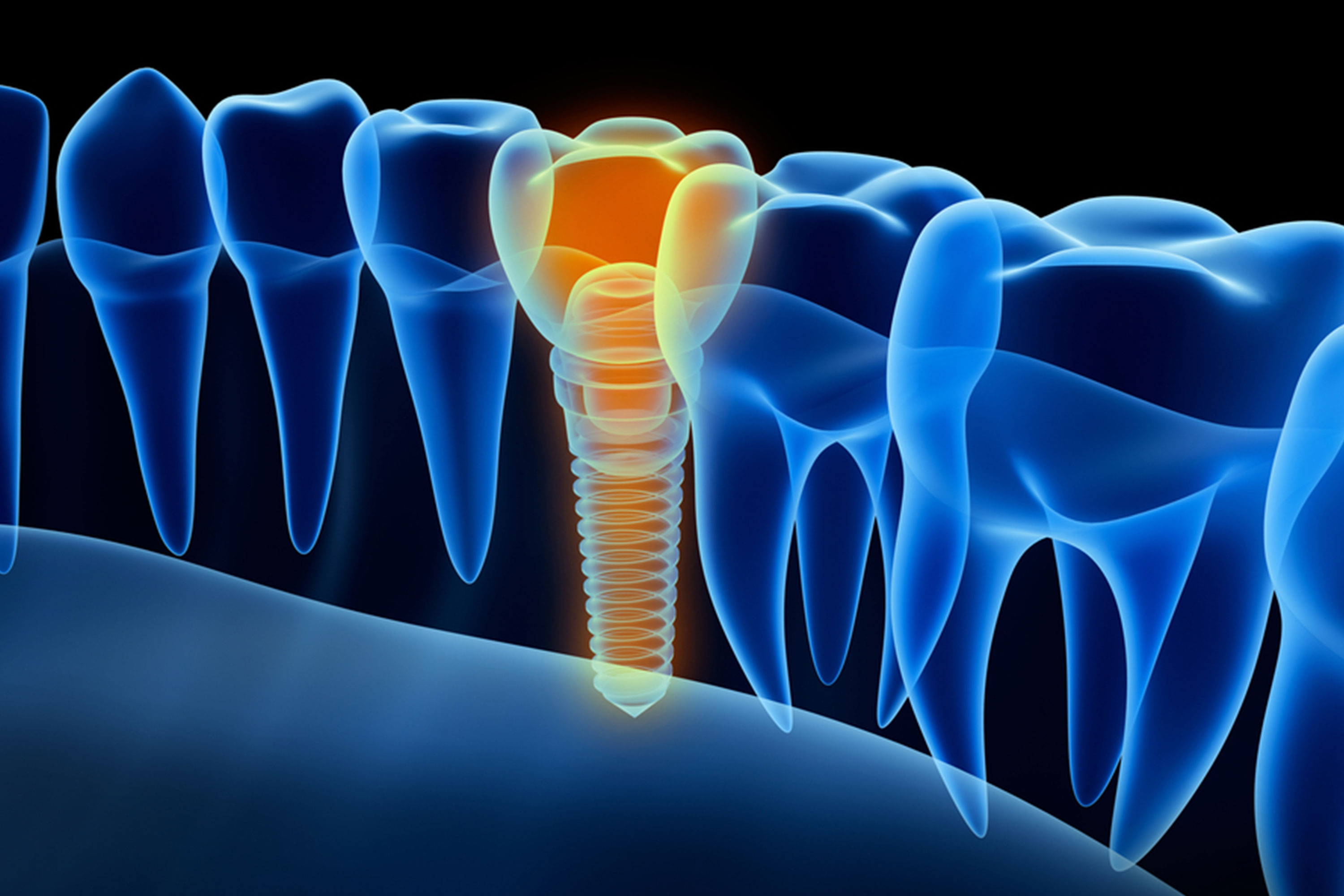Trying to cope with missing teeth is no joke, and there is little doubt that dental implants in Ajax can work very well. This treatment has, in some cases, transformed people’s lives for the better, especially for those suffering from multiple or complete tooth loss. However, no surgical treatment is without risks, and one of the long-term risks of implant treatment is an infectious disease called peri-implantitis.
Similar to gum disease in Whitby, peri-implantitis is a disease that causes inflammation in the tissues surrounding dental implants, including gum and bone tissues. It can cause bone loss that is supporting a dental implant and may even cause implant loss. Like gum disease, many patients are unaware of this infection until it has progressed quite well. Peri-implantitis can occur soon after dental implant placement or years later.
Are There Any Risk Factors for Peri-Implantitis?
There are some risk factors associated with peri-implantitis, and one is smoking. If you smoke, it narrows the blood vessels, providing vital nutrients to your gums and bones, and it is far better to quit when your implants are fitted. People whose immune systems are compromised or who have medical problems like osteoporosis or diabetes can be more at risk for developing bone loss around the dental implants. However, one of the significant risk factors for peri-implantitis is poor oral care. If you fail to regularly clean your dental implants in Pickering, the tissue surrounding them can become infected.
When your dental implants are fitted, your implant dentist in Oshawa will discuss how to maintain healthy implants. It’s crucial to follow this advice to the letter every single day.
What Are the Signs That Dental Implants Are Infected?
Some people will find the area around their dental implant aches slightly or feels tender when they brush or floss near the area, but often there is no pain. However, you could notice that your gums have begun to bleed or that their appearance has changed, as the affected gums can look red, slightly purple, or bluish. Teeth could look longer as gums recede, and it’s even possible that the implant screw becomes exposed. You could notice the dental implant has begun to feel loose to the touch. Suppose you visit your dentist regularly for checkups and cleanings. In that case, they can closely monitor your implants’ condition so that any signs of infection will most likely be detected earlier.
Is Peri-Implantitis Treatable?
Like any disease, seeking treatment is better when you realize something is wrong with your dental implants. The good news is that peri-implantitis is frequently treatable. With prompt dental care, there is a good chance your dental implants are salvageable.
At Durham Dental Solutions, we can provide nonsurgical and surgical therapy for peri-implantitis. The non-surgical treatment uses an advanced dental laser to carefully clean the affected area and remove the bacteria causing the infection. The energy produced by the laser is highly effective in sterilizing treated areas and eliminating more bacteria than using an ordinary dental drill. Laser therapy can also remove infected gum tissue precisely. Surgical treatment removes severely infected gum tissue, plaque, and calculus buildup from around the implant, giving your gum and bone a better chance to heal. When the infection is especially severe, it may be necessary to build up the bone around the dental implants using bone grafting in Newcastle.
All dental implants require ongoing professional maintenance and cleaning. If you are concerned about your dental implants in Bowmanville, contact our dentist to arrange your checkup.


